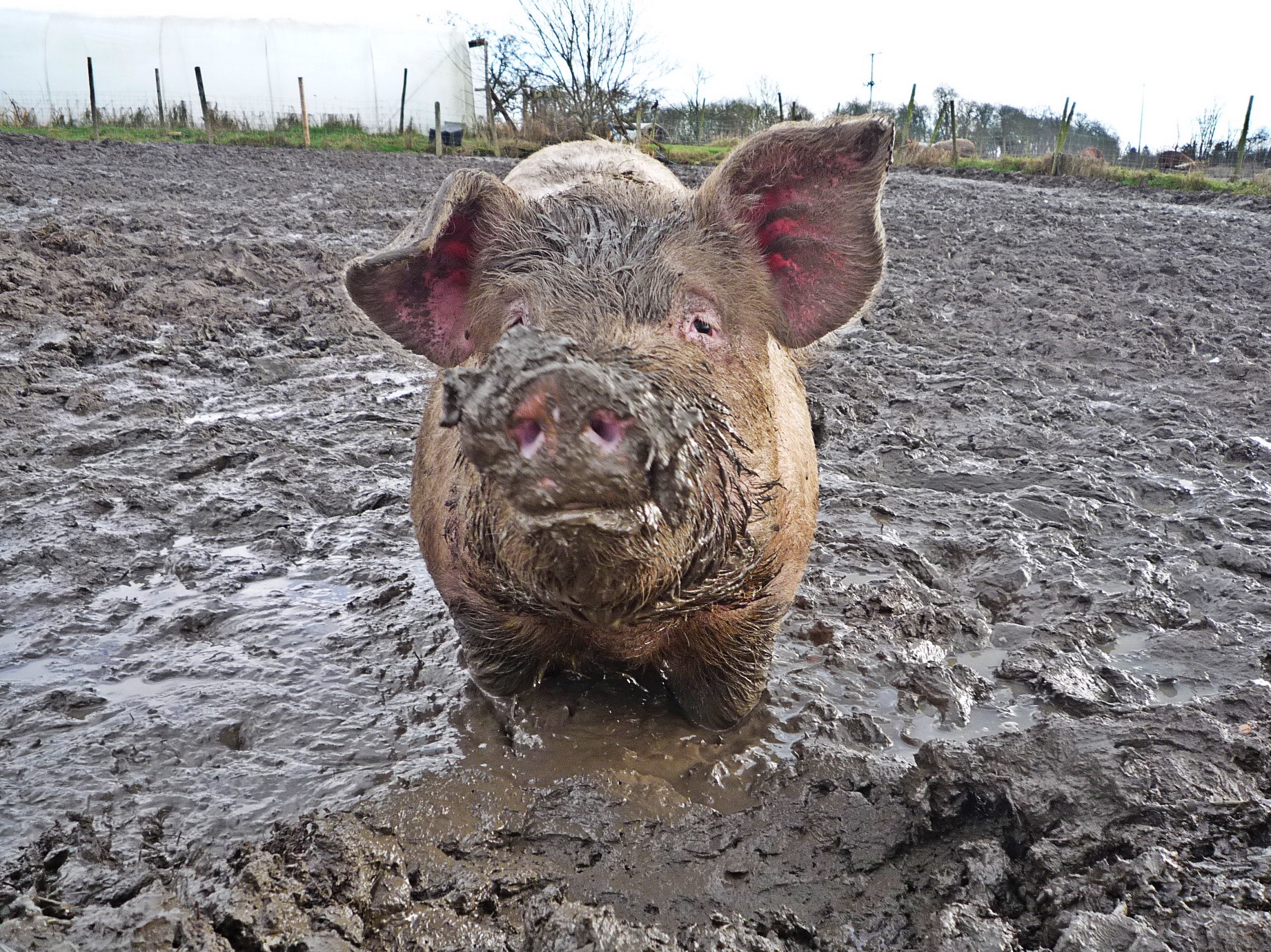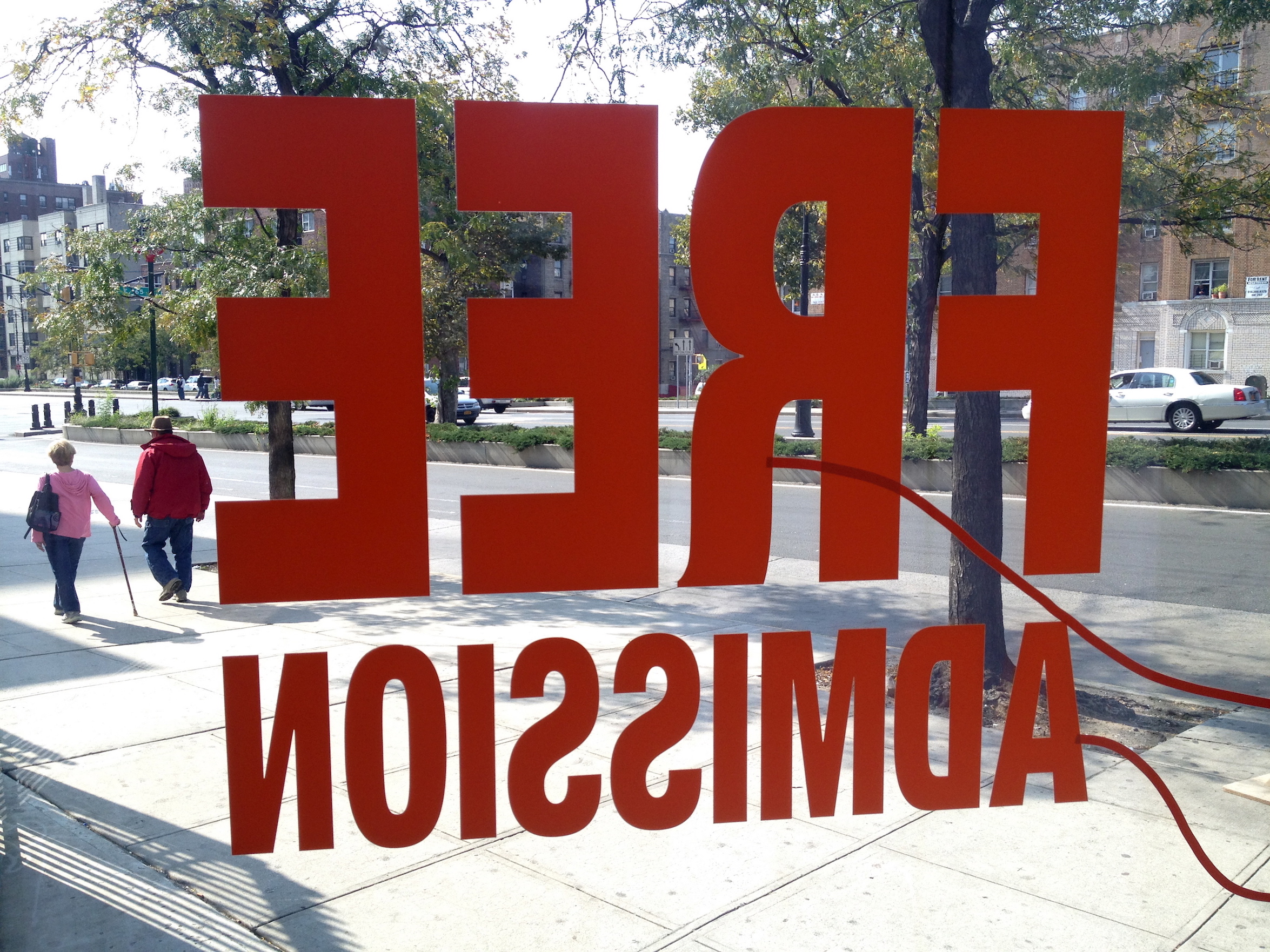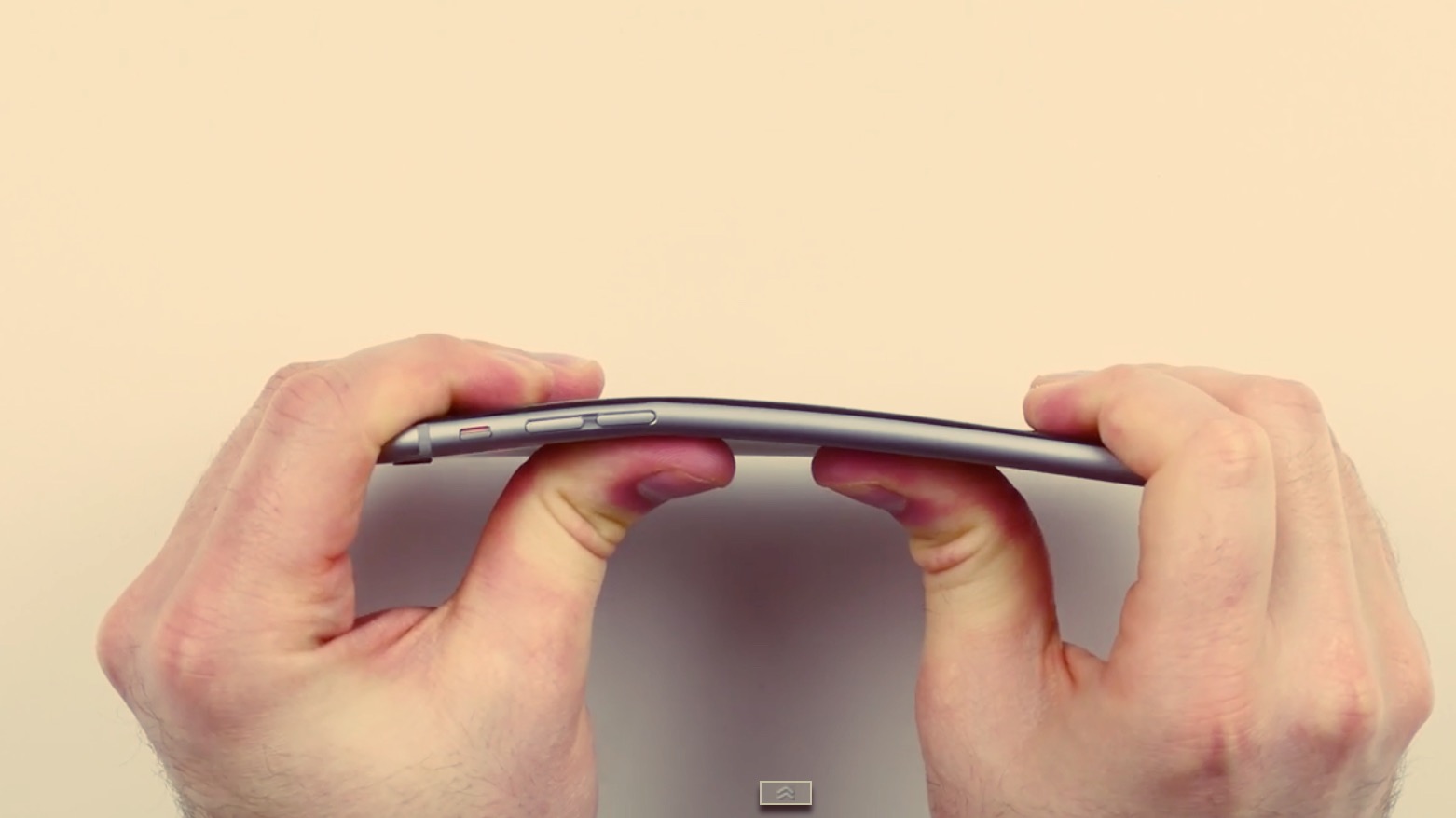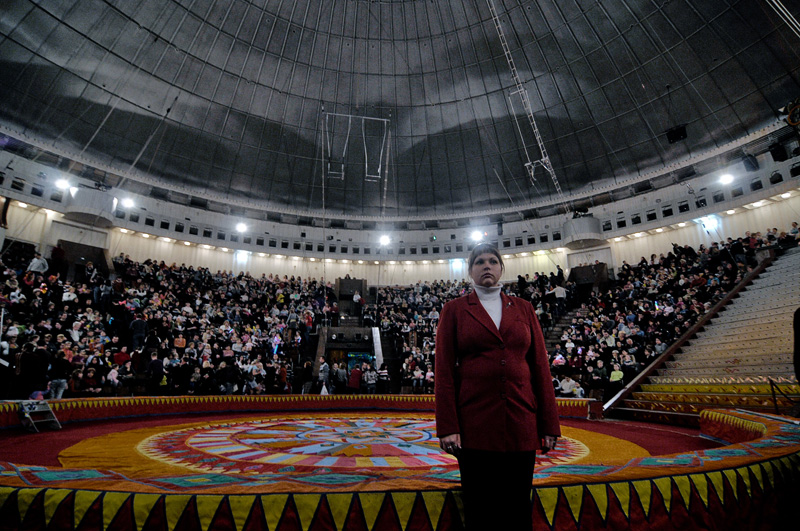I normally pan top-10 lists, but this one sings, eh, zings: “10 Top Tips For PRs Considering Whether To Phone The Register. Dek: “You’ll Read These And LOL Even Though They’re Serious”. Read `em and believe `em, if public relations is your fame and contacting Joe Wilcox is your game.
The Reg gives great guidance, and I needn’t really add to the list but will a tinsy-bit. I read and file most PR emails sent directly to me. I just likely won’t respond, or will forward the message to someone else on the team. So if you don’t hear from me, despair not.











